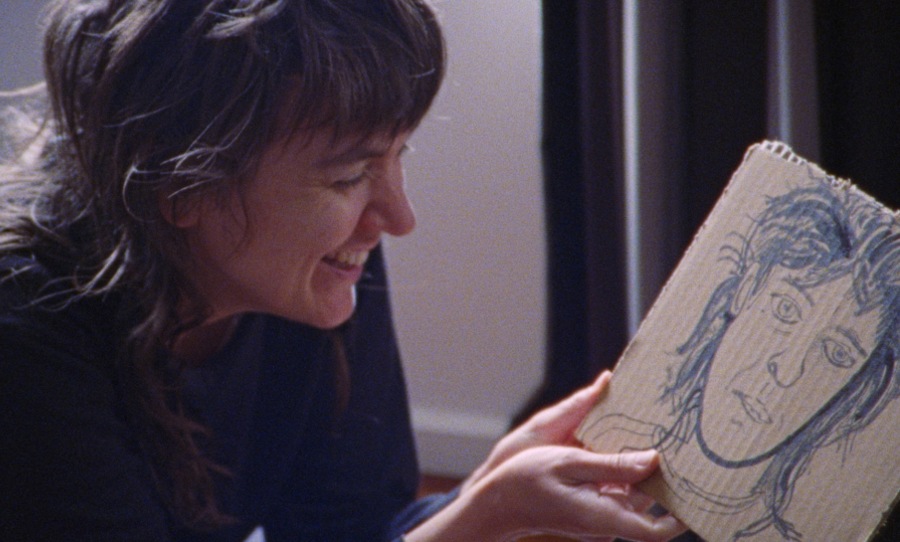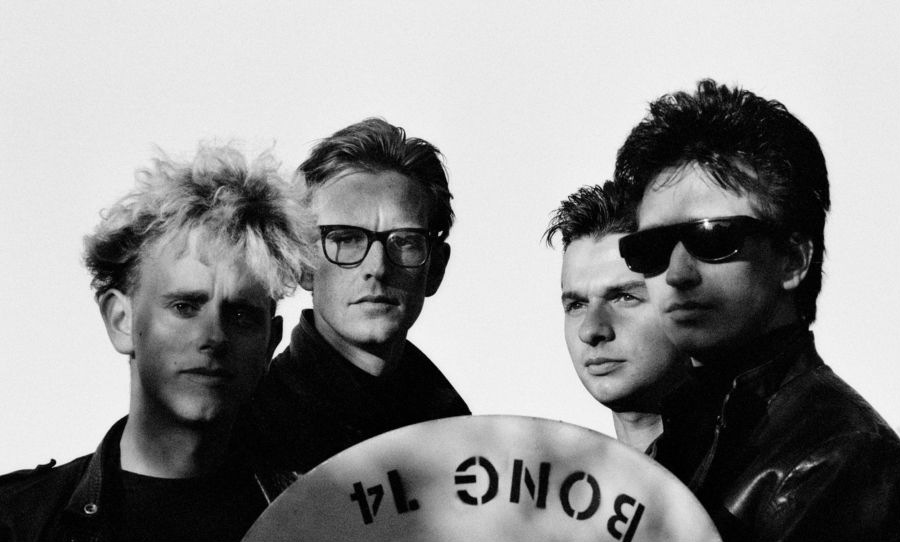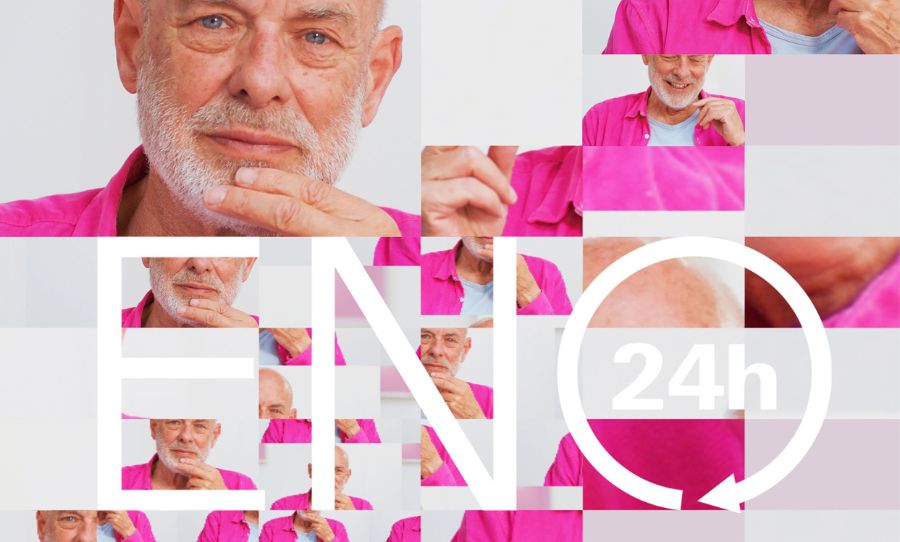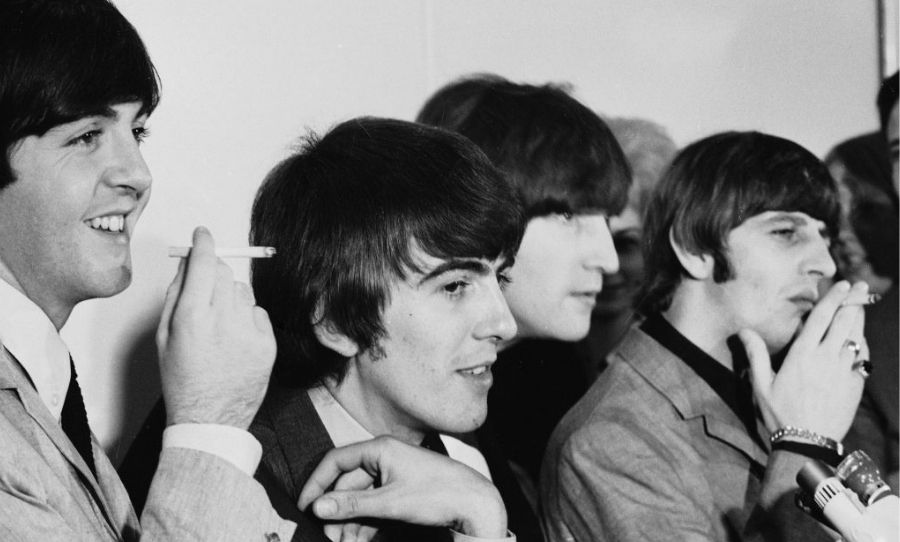In Anonymous Club, filmmaker Danny Cohen gives us an intimate look into the world of singer-songwriter Courtney Barnett as she comes to terms with stardom.
Comprised of footage taken over a three-year period from 2018 to 2020, Danny Cohen’s film style is almost anthropological as we view Courtney Barnett in her element. With a combination of fly-on-the-wall and interview-style snippets, we follow Barnett through countless green rooms and stages whilst touring off the back of her 2018 album Tell Me How You Really Feel.
Shot exclusively on 16mm film, Cohen captures Courtney at a crisis point, both creatively and personally, as we ultimately watch her rekindle a love for playing music again.
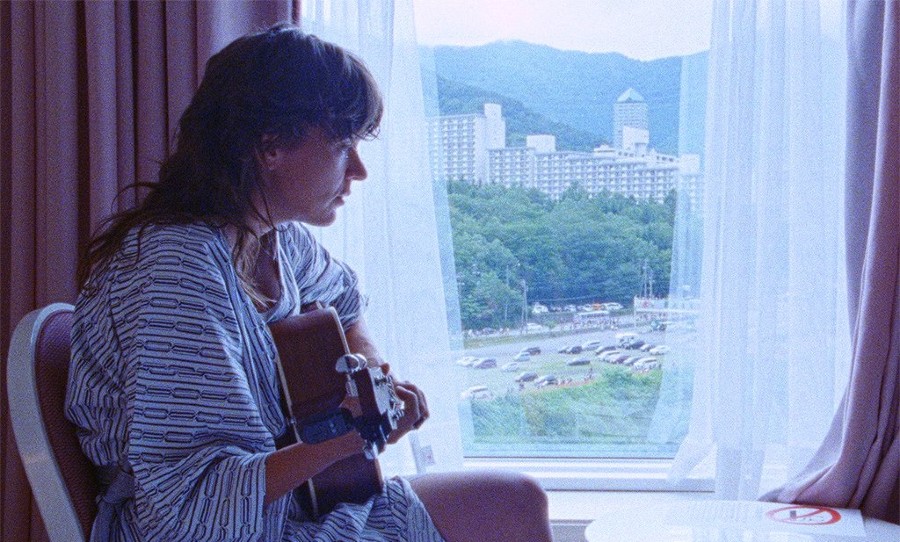
A running narration from Barnett guides us through the personal and creative turmoil of life on the road. From the adrenaline-filled highs of playing sold-out arenas to the mundane lows of travelling across countries to play the next gig.
It’s like you’re reading Barnett’s diary as daily dictaphone entries make you feel privy to the innermost thoughts, allowing audiences to connect with her like never before.
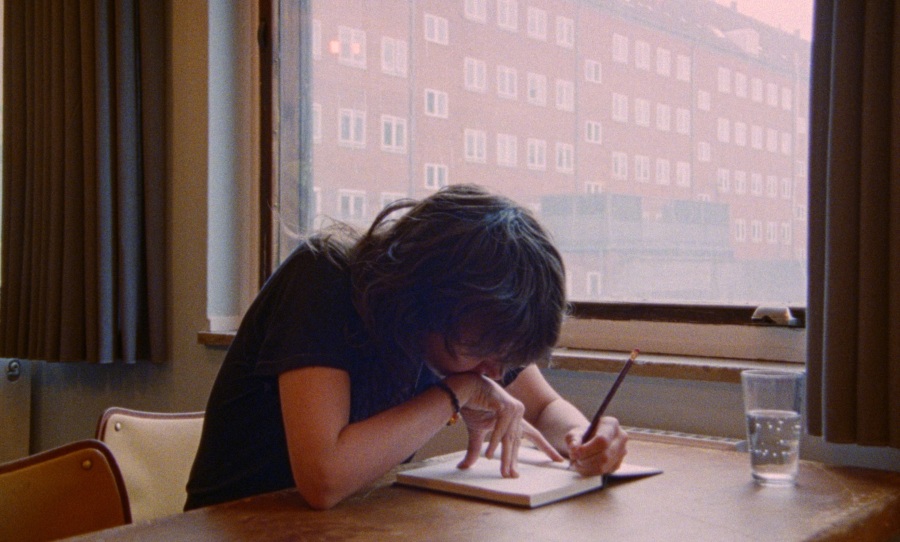
As part of Barnett’s 2018 album, fans could leave anonymous entries on her website telling each other how they really feel. Notorious for her nonchalant interviews some may say, Barnett described how she felt unhappy with her ability to express herself and her emotions accurately and powerfully, which is a reoccurring theme in both the film and her songwriting.
“It’s been really humbling and beautiful reading what people are willing to share and to be open about. I’m gonna read you some,” says Barnett.
“Feeling lonely but I don’t know why,”
“Feeling exhausted but don’t want to show it,”
“Brave and terrified.”
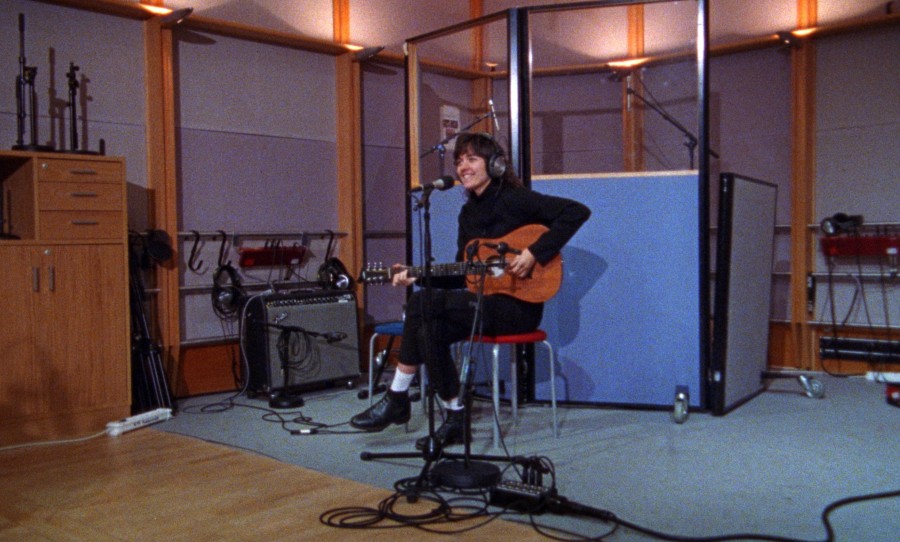
These candid, raw, and emotional snapshots are what the film is about, stripping away the veneer and the platitudes people present to the world to get to something real. However, for those who are familiar with her work, you may question Barnett’s harsh opinion of herself as she has always seemed extremely candid and upfront about uncomfortable subjects.
Songs like Depreston (“I’m not your mother, I’m not your bitch”) and her breakout classic Avant Gardener deal with such subject matter – she was ready to bring these conversations to the forefront from the start.
The film mainly deals with Barnett’s imposter syndrome as she explains that playing music is both the most liberating and the most constricting feeling at times, especially when having to play shows in a mechanised and repetitive way.
The film isn’t all doom and gloom though – Barnett’s classic dry wit and self-deprecating humour are omnipresent and uniquely Australian. In one scene Barnett jokes “what if people hate-bought a ticket?”
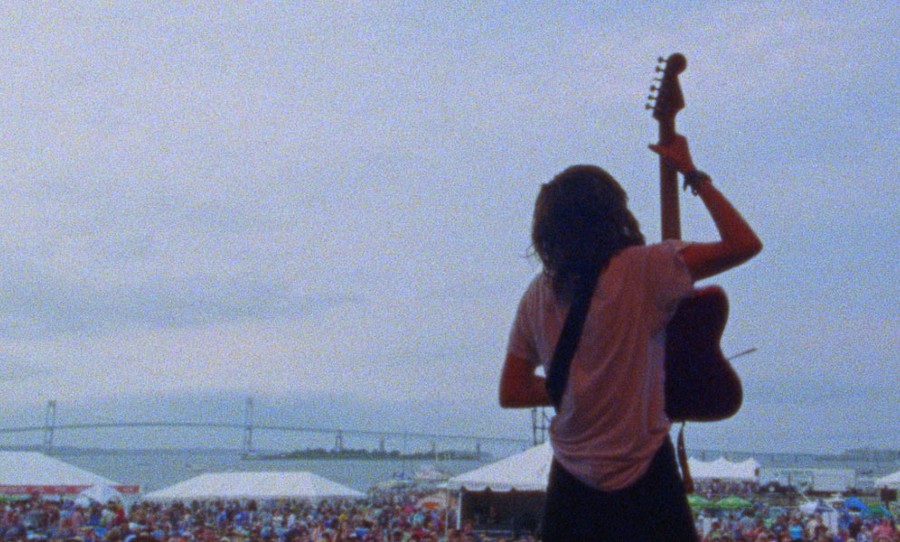
As the film progresses, we see Barnett as she strives to be more honest than ever in her songwriting, her creative journey resulting in a need to reconnect with audiences through a string of US dates.
All of this culminates in the ultimate recording of Barnett’s latest body of work, Things Take Time, Take Time, which we are privy to through the film. The album is a result of disillusionment, with loud and angry live performances as Barnett slips back into her classic cool, understated Australiana.
In essence, the film is about self-discovery and personal growth, and deeply relatable for creative and non-creative types alike. The message is simple: things really do take time.
Things Take Time, Take Time is out now on all streaming platforms.
Special thanks to Sydney Film Festival for their screenings of Anonymous Club. The next opportunity to see the documentary will be during Melbourne Music Week on December 8th.
